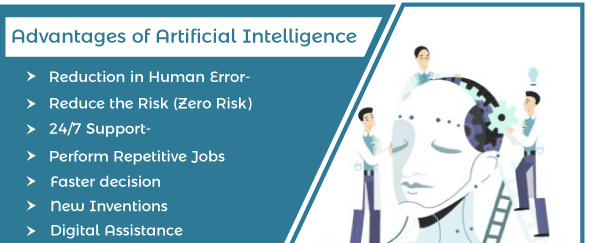"AI Technology vs Traditional Technology: Embracing the Future"
- Introduction:
As technology continues to advance at an unprecedented pace, the emergence of artificial intelligence (AI) has sparked a significant shift in the technological landscape. AI technology, with its ability to analyze data, learn from patterns, and make intelligent decisions, is transforming various industries. In this blog, we will explore the differences between AI technology and traditional technology, highlighting the advantages and potential impact of AI in shaping the future.

- Processing Power and Efficiency:
One of the fundamental differences between AI technology and traditional technology lies in their processing power and efficiency. Traditional technology relies on predefined algorithms and rules, requiring explicit instructions to perform tasks. On the other hand, AI technology leverages machine learning algorithms and neural networks, enabling systems to learn and improve their performance over time. The ability of AI to process vast amounts of data and make autonomous decisions gives it a significant advantage in handling complex and dynamic tasks efficiently.

- Automation and Efficiency:
AI technology has the potential to revolutionize automation by replacing repetitive and mundane tasks traditionally performed by humans. While traditional technology has automated certain processes, AI takes automation to a new level. AI-powered systems can analyze data, identify patterns, and perform tasks with minimal human intervention. This leads to increased efficiency, reduced human error, and the ability to handle tasks at a scale and speed that would be impractical for traditional systems.

- Adaptability and Learning:
Traditional technology often requires manual updates and modifications to keep up with evolving requirements. AI technology, however, possesses the ability to adapt and learn from new data and experiences. Through machine learning, AI systems can continuously improve their performance, making them more adept at handling complex tasks and generating valuable insights. This adaptability and learning capability make AI technology well-suited for industries where the environment and requirements are constantly changing.

- Decision-Making and Intelligence:
One of the key distinctions between AI technology and traditional technology is the ability of AI systems to make intelligent decisions based on data analysis and pattern recognition. Traditional technology typically follows predefined rules and algorithms without the ability to learn or reason. AI systems, on the other hand, can analyze large datasets, identify trends, and make informed decisions in real-time. This capacity for intelligent decision-making positions AI as a powerful tool for industries seeking to optimize processes and drive innovation.

- Limitations and Ethical Considerations:
While AI technology presents immense potential, it also comes with limitations and ethical considerations. AI systems are reliant on the quality and quantity of data they receive, raising concerns about biases and privacy. Additionally, the impact of AI on employment and the ethical implications of autonomous decision-making are topics of ongoing debate. It is crucial to address these challenges to ensure the responsible and beneficial integration of AI technology into various domains.

- Conclusion:
AI technology and traditional technology have distinct characteristics and applications. While traditional technology has paved the way for modern advancements, AI technology introduces a new era of automation, adaptability, and intelligent decision-making. By embracing AI technology and understanding its potential, we can harness its power to drive innovation, enhance efficiency, and address complex challenges across industries. However, it is essential to navigate the ethical considerations and ensure responsible development and deployment of AI for a sustainable and beneficial future.

Comments
Post a Comment